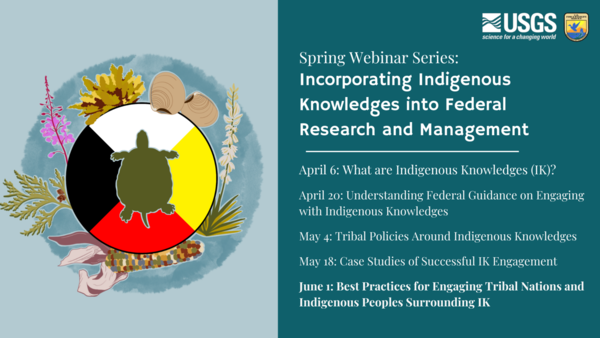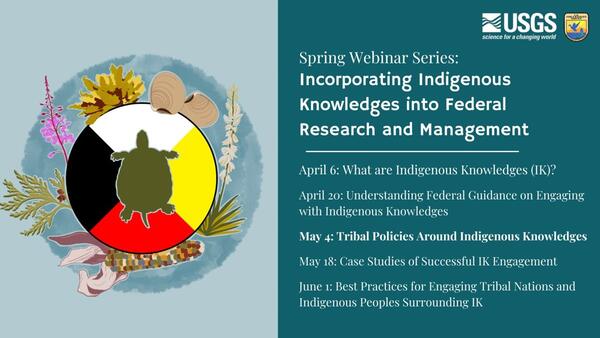In partnership with the U.S. Fish and Wildlife Service National Conservation Training Center, the National CASC presents a webinar series on the intersection between climate and environmental justice and environmental research.
This webinar's speakers are:















